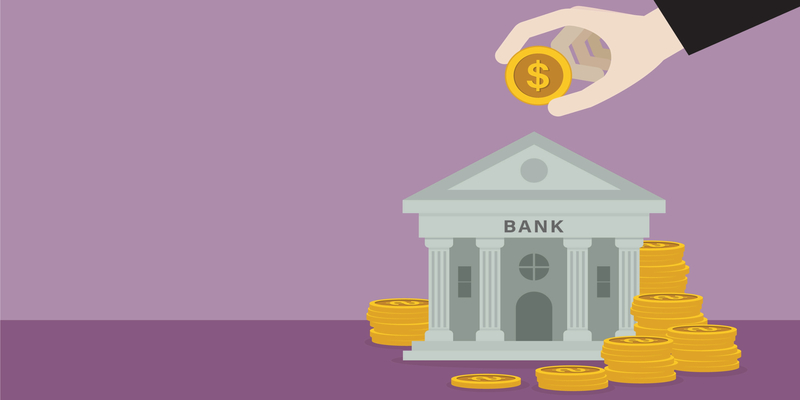A home equity loan allows you to borrow money against the value you've built up in your primary dwelling. Your newfound wealth is yours to put toward whatever goals, including acquiring a vacation home or rental property.
On the other hand, there are potential downsides to using a home equity loan for a second property purchase. Being aware of the benefits and drawbacks is a prudent first step.
A Second Home Purchased Using a Home Equity Loan

To answer your question, yes, you may usually utilize a home equity loan to purchase another property. However, remember that specific mortgage lenders may not be prepared to grant a mortgage on the new property if a home equity loan is used as the down payment.
Of course, if you're purchasing the new house with cash, there won't be such issues. A few factors will determine the total: the current market worth of your house, the amount of equity you have in it, and how much money you want to borrow.
Buying A Second Home With A Home Equity Loan: Pros and Cons
If you already own a property but are short on liquid assets, a home equity loan might be your best (or only) significant source of money for purchasing a second home. The interest rate on a home equity loan may be lower than the rate on other types of loans.
However, it will still likely be greater than the rate on a mortgage. Taking out a home equity loan to use as a down payment on another property or for any other purpose puts your principal residence in danger since it is used as collateral for the loan.
The second risk is that if anything unforeseen happens to your finances, such as losing your job or incurring large medical expenditures, you might quickly become buried under your home equity loan and other debts and be unable to get out from under them.
How To Avoid Using Equity In Your Home To Finance a Second Mortgage

It's wise to weigh all your options before applying for a home equity loan to finance the purchase of a new property. There are benefits and drawbacks to them as well.
Cash
To buy a new home, the easiest way to get the money is to use savings you don't need right now. If you have that, you probably don't need a loan.
Save For Retirement
Possibilities exist for your retirement fund. A 401(k) loan is a type of borrowing that can be obtained against the value of a participant's 401(k) account, for instance. Retirement plan loans have the same inherent dangers as home equity loans.
In most cases, you will have five years to repay the loan or sooner if you experience a job loss. You may have to pay income taxes and any penalties if you cannot repay the loan.
Private Loans
Maybe look into getting a personal loan. Personal loans often have a higher interest rate than home equity loans or home equity lines of credit, but if you default on the loan, you won't have to worry about losing your house.
Refinance With A Cash-Out Option
With cash-out refinancing, you may cash in your home's equity by replacing your current mortgage with a bigger one. You'll have more money available for use in other areas. Your monthly mortgage payment and overall debt load will both increase. The closing charges for these loans are also rather hefty.
Equity Loan or Line of Credit
You don't have to accept the money all at once if you use a HELOC to buy an investment property, rental property, or second home instead of a home equity loan.
This might be helpful if you need a down payment immediately, but you also plan to do some significant remodeling next year.
However, unlike home equity loans, which generally have a fixed interest rate, HELOCs frequently have variable interest rates, making them less predictable.
The Verdict
A home equity loan can be used to finance the purchase of another property if the borrower has built up sufficient equity in their current residence. The risk of foreclosure is a big drawback to consider if you take out a mortgage.
A home equity line of credit, personal loan, or cash-out refinancing are all options that can help you accomplish the same thing, and one of them may work better for you than the others. There are benefits and drawbacks to each option.




